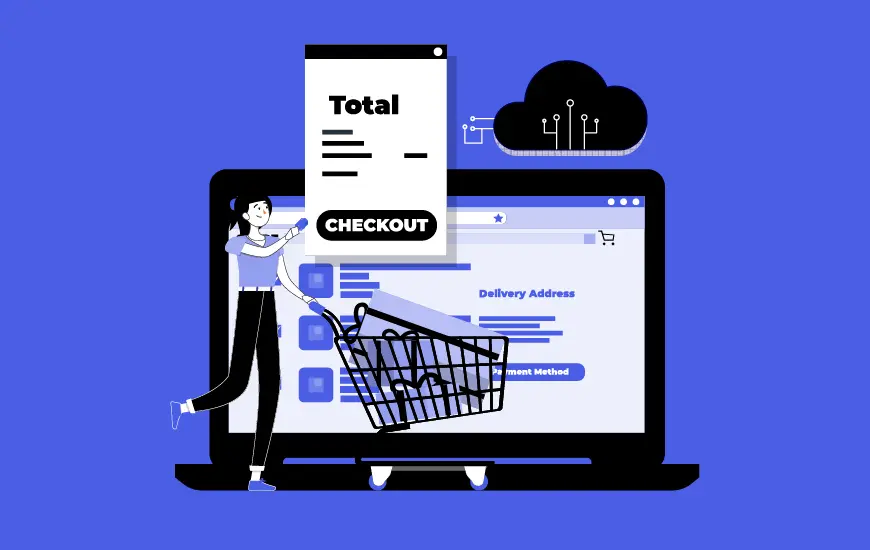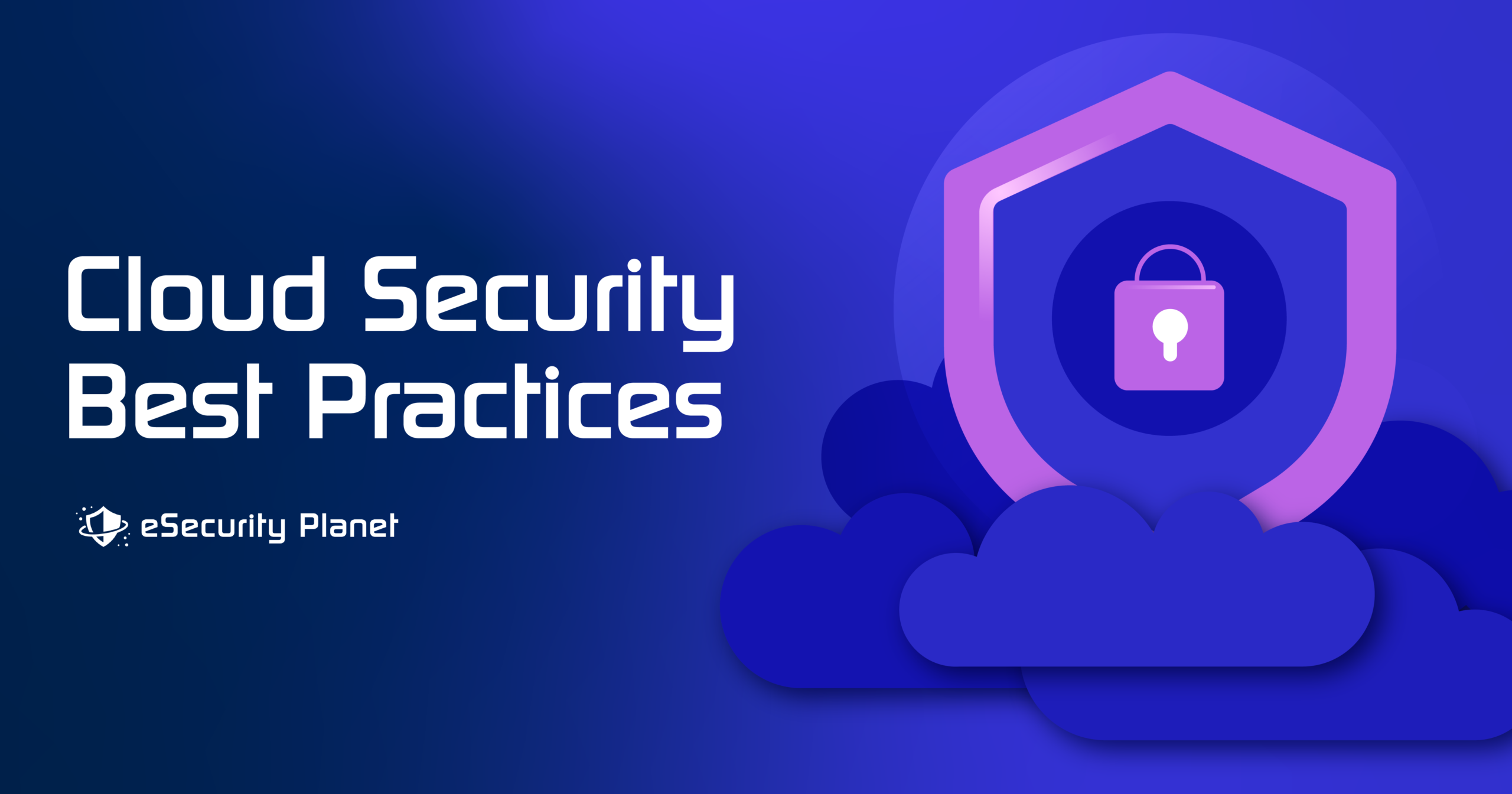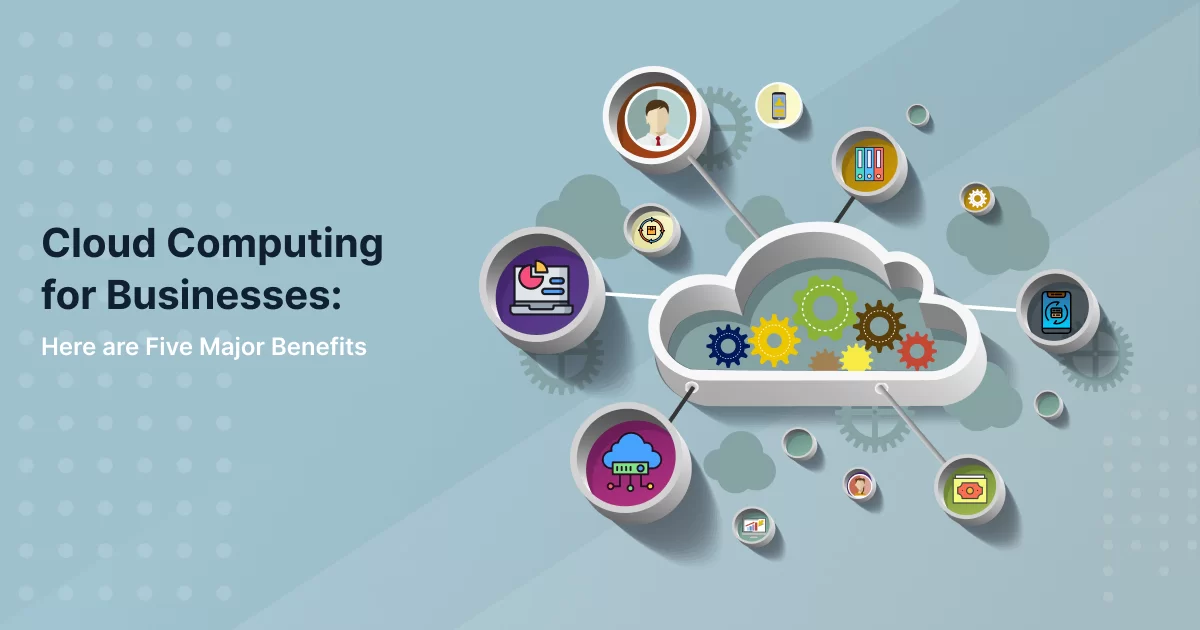Cloud Computing for E-Commerce: Enhancing Online Retail
Advertisment
Cloud Computing for E-Commerce: Enhancing Online Retail
The rise of e-commerce has transformed the retail landscape, and Cloud Computing plays a pivotal role in this evolution. By leveraging cloud technologies, e-commerce businesses can enhance operational efficiency, improve customer experiences, and scale effectively. This article explores how Cloud Computing benefits e-commerce, key applications, and best practices for implementation.
1. Understanding Cloud Computing in E-Commerce
1.1. Definition of Cloud Computing
Cloud Computing refers to the delivery of computing services over the internet, allowing businesses to access storage, processing power, and applications on-demand. This model offers flexibility and scalability, making it ideal for e-commerce operations.
1.2. Importance for E-Commerce
For e-commerce businesses, Cloud Computing enables quick deployment of applications, efficient data management, and the ability to handle fluctuating traffic volumes, particularly during peak shopping seasons. The agility offered by cloud solutions is crucial for staying competitive in the dynamic online retail market.
Keywords: Cloud Computing, e-commerce, online retail
2. Benefits of Cloud Computing for E-Commerce
2.1. Scalability and Flexibility
E-commerce businesses often experience variable traffic, especially during sales events or holidays. Cloud Computing allows organizations to scale their resources up or down based on demand, ensuring that websites remain responsive and operational during peak times.
2.2. Cost Efficiency
Cloud services typically operate on a pay-as-you-go model, enabling e-commerce businesses to avoid significant upfront investments in hardware and infrastructure. This cost-effective approach allows companies to allocate resources more efficiently and focus on growth.
2.3. Enhanced Performance
Cloud providers offer high-performance servers and content delivery networks (CDNs) that improve website loading speeds and enhance user experiences. Fast and reliable website performance is critical for reducing cart abandonment rates and increasing customer satisfaction.
2.4. Improved Data Management and Analytics
Cloud Computing enables e-commerce businesses to store and analyze large volumes of data efficiently. Businesses can gain insights into customer behavior, sales trends, and inventory levels, helping them make data-driven decisions to optimize operations and marketing strategies.
Keywords: scalability, cost efficiency, performance, data management
3. Key Applications of Cloud Computing in E-Commerce
3.1. E-Commerce Platforms
Cloud-based e-commerce platforms (e.g., Shopify, BigCommerce) allow businesses to set up and manage online stores quickly. These platforms offer various features, such as payment processing, inventory management, and customizable templates, enabling businesses to launch their e-commerce presence with ease.
3.2. Customer Relationship Management (CRM)
Cloud-based CRM solutions help e-commerce businesses manage customer interactions and data throughout the customer lifecycle. These tools enable personalized marketing, efficient customer service, and improved customer engagement, driving loyalty and repeat purchases.
3.3. Inventory Management
Cloud solutions for inventory management provide real-time visibility into stock levels, sales trends, and supplier information. This capability helps businesses optimize inventory management, reduce costs, and prevent stockouts or overstock situations.
3.4. Payment Processing
Cloud-based payment solutions offer secure and efficient processing of online transactions. These services support multiple payment methods and currencies, ensuring a smooth checkout experience for customers.
Keywords: e-commerce platforms, CRM, inventory management, payment processing
4. Challenges of Cloud Computing in E-Commerce
4.1. Security and Compliance
E-commerce businesses handle sensitive customer data, making security a top priority. Organizations must ensure that their cloud providers implement robust security measures and comply with relevant regulations (e.g., GDPR, PCI DSS).
4.2. Downtime and Reliability
While cloud providers typically offer high uptime guarantees, outages can still occur. E-commerce businesses should have contingency plans in place to minimize the impact of downtime on sales and customer satisfaction.
4.3. Integration Issues
Integrating cloud services with existing systems can pose challenges. E-commerce businesses should carefully plan their technology stack and ensure that various applications work seamlessly together to provide a cohesive experience.
Keywords: security, downtime, integration issues
5. Best Practices for Implementing Cloud Computing in E-Commerce
5.1. Choose the Right Cloud Provider
Select a cloud provider with a strong track record in e-commerce and robust security measures. Evaluate providers based on performance, support, scalability, and compliance with industry standards.
5.2. Implement Strong Security Measures
Utilize encryption, secure access controls, and regular security audits to protect sensitive customer data. Investing in cybersecurity solutions is essential for building customer trust and ensuring compliance.
5.3. Monitor Performance and Costs
Continuously monitor cloud performance and costs to optimize resource usage and avoid unexpected expenses. Utilize analytics tools provided by your cloud services to assess performance and make necessary adjustments.
5.4. Train Your Team
Provide training for employees on cloud technologies and best practices. Ensuring that staff are knowledgeable about cloud tools and security protocols will enhance operational efficiency and mitigate risks.
Keywords: choose provider, security measures, performance monitoring, team training
6. Conclusion
Cloud Computing offers immense benefits for e-commerce businesses, enabling scalability, cost efficiency, and enhanced performance. By leveraging cloud technologies, online retailers can optimize operations, improve customer experiences, and drive growth in an increasingly competitive market. By understanding the challenges and implementing best practices, e-commerce businesses can effectively harness the power of Cloud Computing for success.
Advertisment








Post Comment